The UK Government has confirmed it is working to clear a backlog of resettlement applications for vulnerable Afghans, including family members of those already relocated under previous Afghan relocation schemes.
This comes in response to questions raised by Tom Tugendhat MP in Parliament on 18 February 2025.
In December 2024, the Government announced the Afghan Resettlement Programme (ARP), which consolidates existing schemes into a single resettlement pipeline.
Minister for Defence Procurement Luke Pollard stated that while ARP is “not a new resettlement scheme”, it will ensure that eligible Afghans and their family members, including those considered vulnerable, are given support to rebuild their lives in the UK.
The Ministry of Defence (MoD) has confirmed that as of 12 February 2025, there are 1,062 outstanding applications from Additional Family Members (AFM) seeking to join relatives in the UK under the Afghan Relocations and Assistance Policy (ARAP) and the ex-Gratia scheme for Afghan interpreters. Of these, 502 applications have been pending for more than six months.
Pollard acknowledged the delays, stating:
“We inherited a considerable backlog in applications to process as the new Government, and I am aware that people have been waiting longer than I would want for an outcome of an application.”
He confirmed that he has directed officials to clear the backlog at pace, while ensuring that every application is processed correctly. Despite concerns over delays, the Government has rejected calls to introduce a statutory timeframe for decision-making on Afghan resettlement applications.
In response to a question about setting a deadline for ARAP and Afghan Family Member applications, Pollard stated that each case is considered on an individual basis, and complex cases require more time:
“Due to this individual approach, a statutory timeframe would not be suitable.”
The MoD has received over 170,000 separate ARAP applications, though many are duplicates or erroneous. Each one requires detailed consideration, particularly those involving complex circumstances.


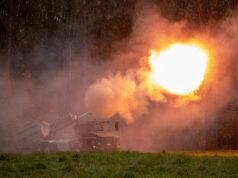

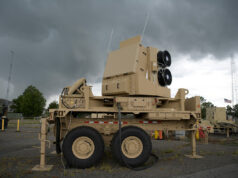
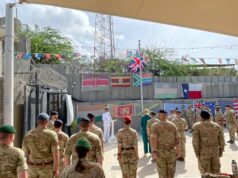

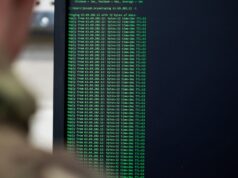

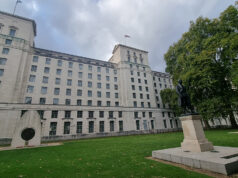
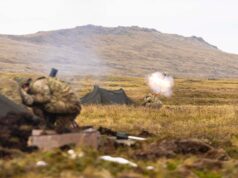
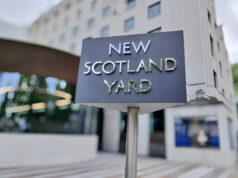

Yeah, it’s looking like a mistake to have thrown all those Afghan SF under the bus now by leaving them behind. Could have offered them citizenship in return for service!
It was mooted a while ago that they could form their own discrete unit. A bit like the Gurkhas?
I don’t know the feasability of that in reality, but thought it a great idea.
Yes, that could have been a smart move. I’ve always felt that the Americans and the French Foreign Legion have the right idea: military service for immigrants as a fast-track to citizenship. Makes it much more difficult to wang on about ‘military-age males’ if they’re serving in YOUR military…
Who would these new Afghan Gurkhas fight though? I hope it wouldn’t be us…very unwise, very unwise indeed letting in essentially people we paid to do a job…we owe them zero…we know nothing about them either. We should under no circumstances let them in without a referendum on the issue.
Surely the USA should take all these people as we were there supporting them. Seems the Trump administration believes in billing allies for historic support so I don’t see why this would be any different. I believe we spent £100 billion supporting the US in Afghanistan and Iraq. I wonder if we can reclaim that.
Daniel Morgan any thoughts on this? Is that how it works now? We might be willing to accept mineral deposits instead of cash given how short the Federal government is on money.